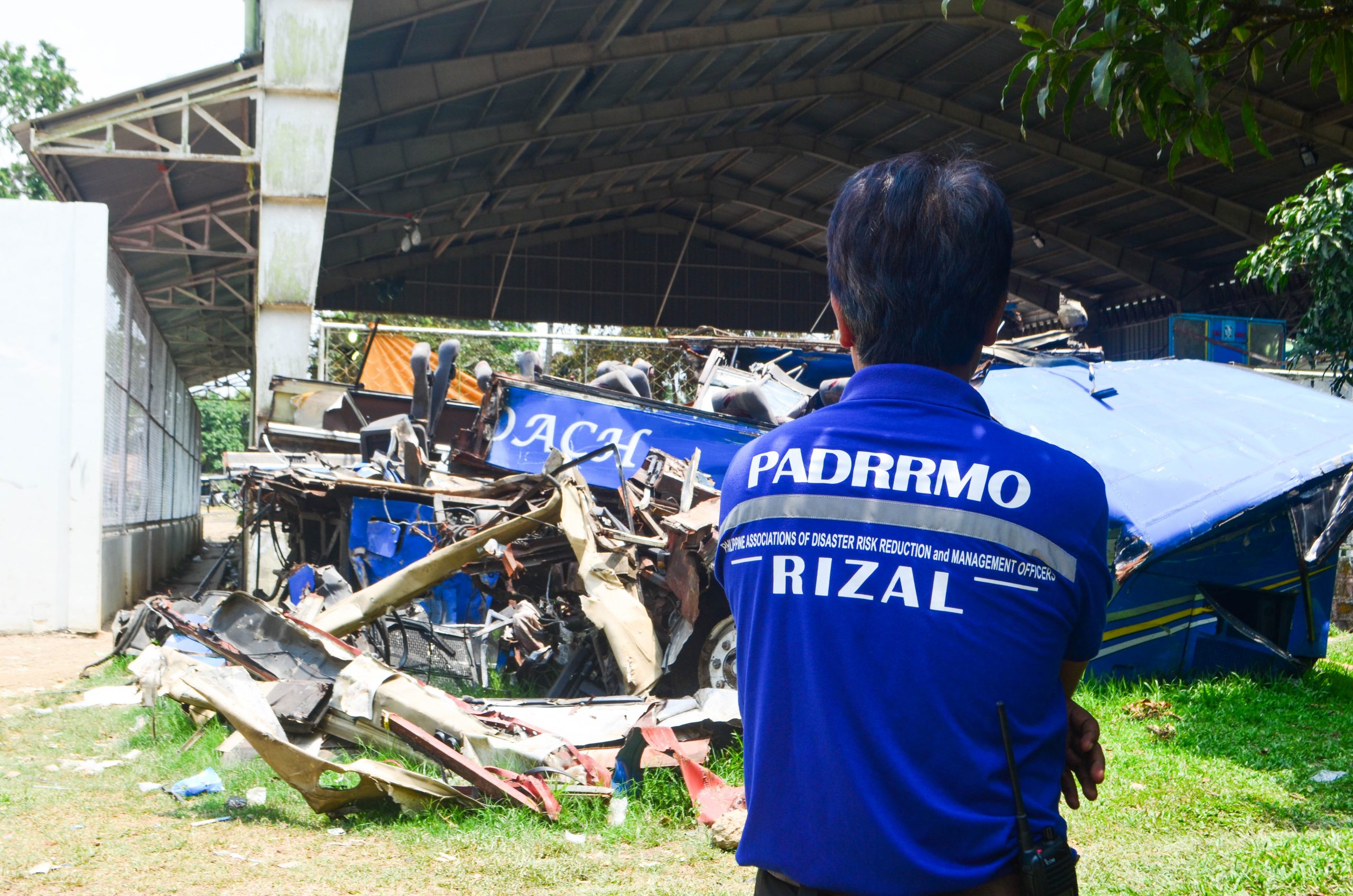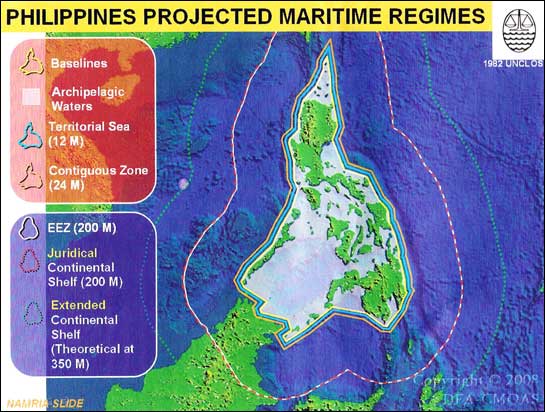VERA Files is 10 years old.
To mark our 10th anniversary, we are reposting 10 stories that mirror the group’s interest and commitments.
This story was first published on Oct. 17, 2011.
MANILA, Philippines – The Bureau of Internal Revenue has found the Caucus of Development NGO Networks (Code-NGO) liable to pay close to P5 billion in taxes for its purchase of the so-called PEACe Bonds 10 years ago.
In BIR Ruling No. 370-2011 dated Oct. 7, Commissioner Kim Henares reiterated a 2004 BIR ruling that reversed three rulings issued by the bureau in 2001 exempting the bonds, formally called Poverty Eradication and Alleviation Certificates (PEACe), from the 20 percent final income tax, and declared Code-NGO liable to pay P4.86 billion in taxes.
But it remained unclear if and how government would collect from Code-NGO because the bonds are no longer in its possession: On the same day it bought the bonds from the Bureau of Treasury (BTr), Code-NGO sold them for P1.83 billion. The bonds, in turn, have been resold, mostly to banks and insurance companies.
Henares, however, said in an interview on Saturday that Code-NGO’s P1.83 billion profit was subject to income and capital gains tax. A 30 percent capital gains tax means Code-NGO must pay the government P549 million.
The controversial 10-year bonds mature on Tuesday, and the government, through the National Treasury, is poised to pay bond holders P35 billion, including P24.3 billion in interest income or discount. Code-NGO, through Rizal Commercial Banking Corp., bought the bonds on Oct. 16, 2001 at the discounted rate of P10.17 billion and at 12.75 percent interest.
A press release issued by the Department of Finance on Oct. 7 announced that the P24.3 billion interest income from the PEACe Bonds were subject to final withholding tax, or P4.83 billion, but omitted to say Code-NGO was liable even when Henares’ ruling, a copy of which was obtained by VERA Files last week, expressly states so.
Code-NGO’s liability was also not mentioned when Henares, Finance Secretary Cesar Purisima and National Treasurer Roberto Tan met recently with government securities eligible dealers (GSEDs) on the PEACe Bonds.
The GSEDs were told instead that the final bond holders will bear the tax burden. Among the banks holding the PEACe Bonds are RCBC, Philippine National Bank, Metrobank, Philippine Bank of Communications and Planters Bank.
Purisima has ordered the BTr to withhold the final tax on the interest income through a letter dated Oct. 10.
Several bond holders interviewed by VERA Files complained that Code-NGO will apparently go scot-free despite having enticed investors to purchase the bonds by dangling the tax-exempt status that was eventually nullified.
Code-NGO had also convinced the Monetary Board to make the bonds eligible as reserves that are required of banks, and the Insurance Commission to accept them as security or statutory deposits of insurance companies and as assets admitted for insurance purposes.
Henares’ 14-page ruling pointed out that although RCBC originally bought the PEACe Bonds from the government, it was not liable because it was acting merely as an agent of Code-NGO, which was ineligible to buy the debt instrument, not being a GSED.
“(T)he beneficial owner of the PEACe Bonds and the corresponding interest income thereon is Code-NGO which is liable to pay for the P4.86 billion final tax due on the discount/interest income realized,” the ruling said.
Henares also said in the ruling that Code-NGO cannot question the retroactivity of the 2004 and 2011 rulings revoking the tax exemption because of the “fatal legal infirmity of the 2001 rulings” issued by then Commissioner Rene Bañez.
In 2001 Bañez ruled the transaction could not be classified a “public” borrowing, which required at least 20 lenders, because there was only one lender: RCBC/Code-NGO. For this reason, he said the PEACe Bonds could not be considered “deposit substitutes” and subject to withholding tax since, it said, no public borrowing was involved.
But Revenue Commissioner Joel Tan-Torres ruled in 2004 that “the issuance and subsequent distribution (exchange and trading) of government debt instruments and securities in the secondary market to other market participants, specifically the investors, is in itself a public borrowing of the government.” This makes it subject to the 20 percent final withholding tax. The number of lenders was immaterial, he said.
Henares said, however, her Oct. 7 ruling can still be considered null and void “if upon investigation it will be disclosed that the facts are different.”
After getting RCBC to buy the PEACe Bonds for P10.17 billion, Code-NGO immediately turned around and sold them to RCBC Capital for nearly P12 billion, making a profit of P1.83 billion.
Code-NGO then donated P1.34 billion of the profit to another nongovernment organization, the Peace and Equity Foundation (PEF), as an endowment, retained P149 million for itself, and paid the remaining P400 million as fees and commissions to its financial advisers.
Besides the 20 percent withholding tax, the bonds were exempted from capital gains tax in 2001.
With P1.93 billion in total assets by the end of 2010, PEF has extended over the last decade nearly P1 billion in grants and loans to antipoverty programs of other foundations and non-profit organizations, including Code-NGO. It lives off earnings from the P1.34 billion endowment fund as well as sources funds from groups such as the Catholic Organization for Relief and Development Aid of the Netherlands, United Nations Development Programme, World Health Organization and The Coca-Cola Foundation for the programs.
The country’s biggest nongovernmental organization, Code-NGO’s 2010 financial statements reflect total assets of P150.6 million, including a P147.9 million endowment fund it set up in December 2004.
Former National Treasurer Leonor Briones said she agrees with the government’s decision to impose taxes on the PEACe Bonds.
“Tax exemption should not have been granted in the first place. They were exempted because they were doing something for the poor. They were lending to the government for the poor. But where is the road to the poor? That’s not clear,” she said.
The government’s decision resurrects the accusations levelled by critics: that Code-NGO, which designed and proposed the bonds to the Department of Finance in 2001, profited at the expense of government and deprived it of revenue by lobbying for tax-exempt status. Now, critics say, the government is again on the losing end since it will be paying back the bonds at almost double the prevailing interest rates.
Interest rates on government bonds hover between 5 and 6 percent. A government securities expert said the BTr had on several occasions retired bonds bearing high interest rates before they mature to cut losses.
But more than this, VERA Files sources say, there is a subtle message in the Henares ruling: that the government of President Benigno Aquino III considers the PEACe Bonds deal highly irregular. The ruling stops short, though, of pinpointing criminal liability over the deal.
“The ruling has a deeper implication,” said economist Filomeno Sta. Ana, coordinator of the Action for Economic Reform, who has studied the PEACe Bonds issue extensively. “It’s a recognition that the tax exemption was irregular and was a mere ‘sweetener’ to make it more attractive to investors.”
Code-NGO, which was partly instrumental for Gloria Macapagal-Arroyo’s rise to the presidency through the country’s second People Power revolution in 2001 and was headed by Corazon “Dinky” Soliman before she was appointed Social Welfare secretary in 2001, has repeatedly denied the accusations, and has maintained that the PEACe Bonds deal never violated any law and did not prejudice the government or the people, and that no one profited illegally from it.
“(T)he PEACe Bonds was a legitimate and legal transaction that has resulted to the creation of a substantial and sustained endowment fund, which has been managed responsibly and transparently and used for anti-poverty projects—benefiting poor Filipinos in the past nine years and in the years to come,” Code-NGO said in a position paper in November 2010.
But former government officials and others in the NGO community say the PEACe Bonds deal was immoral and unethical, even if it appeared to be legal. Soliman’s successor in Code-NGO was Maria Socorro Camacho-Reyes who actively pursued the PEACe Bonds deal.
Camacho-Reyes is the sister of Jose Isidro Camacho who, as then finance secretary, presided over all bond issuances. Camacho was appointed finance secretary in June 2011 and officially inhibited himself from the PEACE Bonds issuance only in September.
Soliman’s husband, Hector, was also the first corporate secretary of PEF, which managed the proceeds from the bonds.
The PEACe Bonds were 10-year treasury notes issued to raise funds for projects to alleviate poverty. For regular bonds, government would issue coupons that bond holders could redeem anytime within the maturity period. But the PEACe Bonds were designed as “zero coupon,” which meant that bond holders could only wait till the end of the 10-year period to get the returns. It was the first such bond offering by the BTr.
The BTr offered the bonds at an auction. Code-NGO was neither a bank nor a financial institution, had no billions in capital, and therefore was not qualified to bid. And so it entered into an agreement with RCBC, a GSED, to raise the funds for Code-NGO and bid in its behalf.
RCBC/Code-NGO’s bid was so low compared to other bidders, raising concerns that they might have known something the other bidders didn’t.
Senate hearings in 2002 and 2010 and various reports show that as early as Feb. 20, 2001, Code-NGO was already brainstorming the deal with its financial advisers, Red Mayo of Capital Advisors for Private Enterprise Expansion (Capex) Inc, and Bobby Guevarra and Juan Victor Tanjuatco of SEED Capital Ventures. At the time, Arroyo had been in power for exactly a month, and Jose Isidro Camacho had not even been appointed finance secretary.
What followed were months of intense lobbying by Code-NGO leaders, including Danilo Songco, former executive director of Code-NGO who was at that time sitting as member of the board of the Development Bank of the Philippines.
Briones recalled that all government agencies involved in the bond offering were under much pressure to go along with the deal. “The president wanted it, the secretary of finance wanted it,” said Briones who was no longer treasurer then but was being consulted informally and was told about negotiations that were taking place. “There was name-dropping all over the place.”
Briones served as treasurer for two-and-a-half years, during which she oversaw bond auctions, all of which were done electronically. Her term was cut short when Joseph Estrada was ousted in January 2001. She refuses to cast the BTr in a bad light, insisting that the Treasury at that time was “largely following orders.”
Briones’ successor, Sergio Edeza, questioned Code-NGO’s eligibility to bid for the bonds, and even rejected the initial proposal from Code-NGO for it to purchase the bonds on a negotiated sale. Edeza left the Treasury in 2005, and joined RCBC as head of its Treasury department and later moved to San Miguel Corp.
The whole process had to be adjusted for the zero-coupon bonds which had never before been offered. “The Commission on Audit had to devise new accounting strategies,” Briones said. And the electronic bidding platform also had to be reconfigured.
But the service providers were unable to finish the reconfiguration on time, forcing the BTr to conduct a manual bid, instead of the usual and regular electronic biddings. This gave rise to speculations of irregularities and graft.
A decade after the PEACe Bonds issue, the controversy has not subsided, and some NGOs are even contemplating filing criminal charges against those involved in the bond issue.




